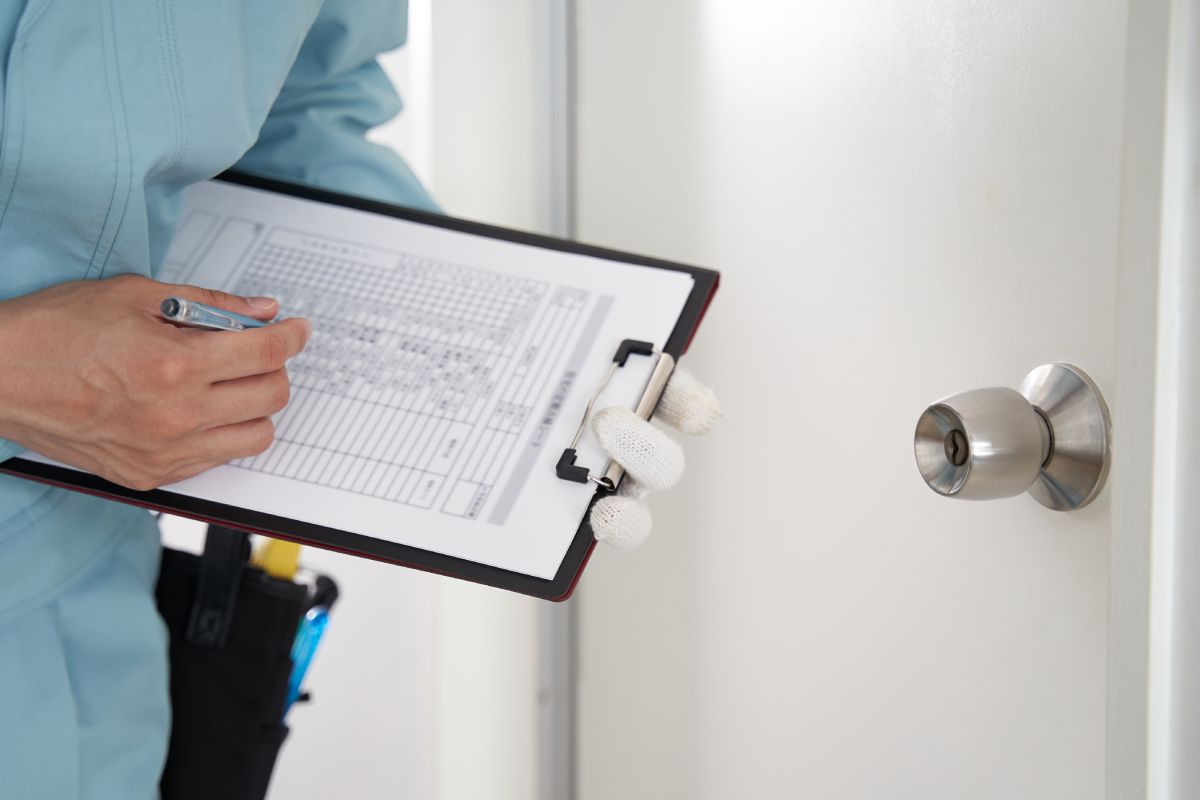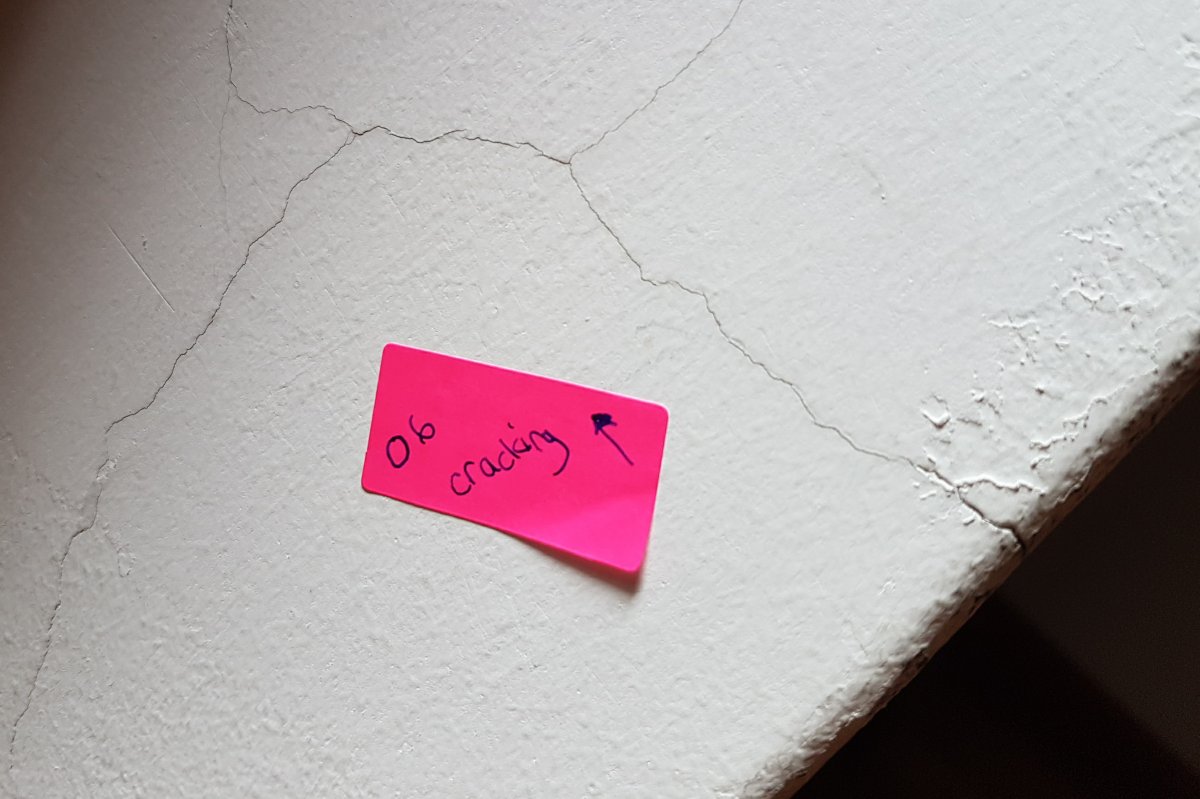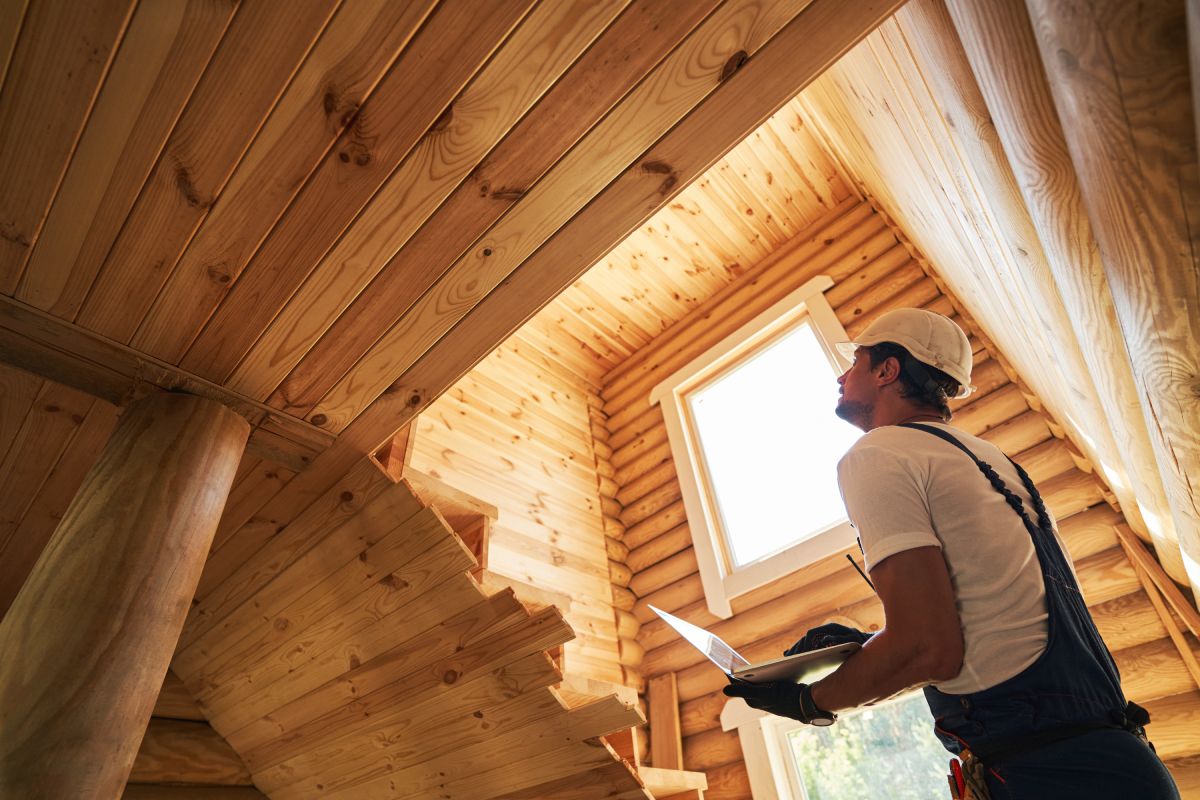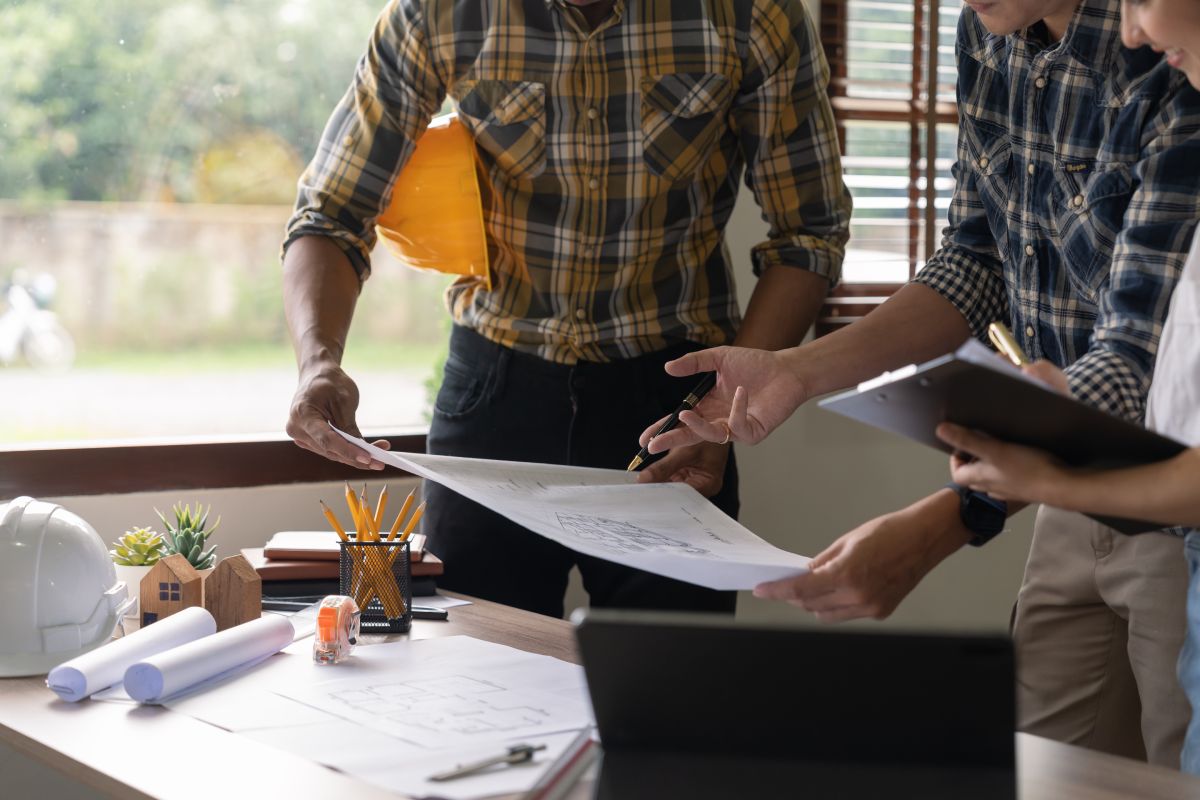Buying a house is a significant investment and a decision that shouldn’t be taken lightly. It’s crucial to thoroughly inspect the property before making the commitment to ensure that you’re making a wise and informed choice.
A careful inspection can help identify potential issues and hidden problems that may have a substantial impact on your future living experience and financial well-being. In this article, we will provide you with a comprehensive list of key areas to inspect carefully before buying a house.
So, let’s dive into the details and discover what you should prioritise when inspecting a house.
Exterior Inspection
When inspecting a house, it’s important to start with the exterior as it serves as the first line of defence against the elements. Here are key areas to focus on:

Roof condition: The roof is one of the most critical components of a house, protecting it from rain, snow, and other elements. Inspect the roof for any signs of damage or missing shingles. Look for cracks, curling, or buckling of the shingles, as these can indicate potential leaks. Check the condition of the flashing around chimneys, vents, and skylights. Additionally, inspect the gutters and downspouts for clogs or damage that may cause water to pool or seep into the house.
Foundation and structural integrity: A solid foundation is essential for a stable and durable house. Inspect the foundation for any cracks or signs of shifting. Pay attention to the walls, both inside and outside, for any visible cracks or bowing. These could be indications of foundation issues. Look for signs of water damage or mould, such as dampness, musty odours, or discolouration on the walls or floors.
Siding, windows, and doors: The exterior walls, windows, and doors play a crucial role in protecting the house and ensuring energy efficiency. Inspect the siding for any signs of damage, such as rot, cracks, or loose boards. Check the quality of the windows and doors, ensuring they open and close smoothly, without drafts or excessive air leakage. Look for proper insulation and weatherstripping to minimise energy loss.
Interior Inspection
Once you’ve assessed the exterior, it’s time to focus on the interior of the house. A thorough inspection of the following areas will give you insights into the overall condition and functionality of the property:

Plumbing system: Proper plumbing is vital for a comfortable living environment. Inspect the pipes for any leaks, corrosion, or signs of water damage. Check the water pressure and drainage by turning on faucets, flushing toilets, and running showers. Look under sinks and around toilets for any signs of leaks or water stains. Additionally, inspect the water heater to ensure it is in good working condition.
Electrical system: A safe and up-to-code electrical system is crucial for the well-being of the occupants. Check the electrical panel to ensure it is properly labelled and free from any signs of damage or overheating. Test the outlets and switches throughout the house to ensure they are functional. Consider hiring a professional electrician for a more comprehensive inspection if needed, especially for older properties.
HVAC system: The heating, ventilation, and air conditioning (HVAC) system plays a vital role in maintaining a comfortable indoor environment. Inspect the HVAC system for any visible damage or signs of poor maintenance. Test both the heating and cooling functions to ensure they are working effectively. Consider the age of the system and whether it will need to be replaced or repaired in the near future.
Structural elements: Assessing the condition of the structural elements is crucial to ensure the safety and stability of the house. Inspect the walls, ceilings, and floors for cracks, sagging, or other signs of damage. Look for indications of water damage, such as stains or bulging areas. Check for signs of pests, such as termite damage or rodent infestation, as they can compromise the structural integrity of the house.
Remember, if you’re unsure about any aspect of the inspection, it’s always a good idea to consult with professionals, such as home inspectors, contractors, or specialised technicians, who can provide expert advice and guidance. Investing time and effort in a meticulous inspection will help you make an informed decision and ensure that your future home meets your expectations and provides a safe and comfortable living environment.
Environmental Factors
In addition to the physical condition of the house, it’s important to consider environmental factors that may impact your living experience and health. Here are some crucial aspects to inspect:
Mould and moisture: Excessive moisture and mould can lead to health issues and structural damage. Inspect areas prone to moisture buildup, such as bathrooms, kitchens, and basements. Look for visible signs of mould or mildew, such as discolouration or a musty odour. Pay attention to damp or water-stained walls, ceilings, or floors. If there are suspicions of mould, consider hiring a professional mould inspector to conduct a thorough assessment.
Radon and other hazardous substances: Radon is a naturally occurring radioactive gas that can increase the risk of lung cancer and may take years before health problems appear. Test for radon gas levels in the house, especially in basements or crawl spaces, as it can seep through the foundation. Additionally, investigate the potential presence of other hazardous substances like asbestos or lead paint, particularly in older properties. Professional inspections and testing can help identify and address these issues appropriately.
Pest infestations: Pest infestations can cause damage to the structure of the house and pose health risks. Look for signs of termites, rodents, or insects, such as droppings, chewed wood, or nests. Inspect areas prone to infestations, such as basements, attics, and crawl spaces. Consider seeking assistance from a professional pest inspector to thoroughly assess the property and recommend appropriate treatments if needed.

Additional Considerations
While the physical condition of the house is crucial, there are other important factors to consider before making a purchase. These include:
Neighbourhood and surroundings: Assess the neighbourhood and its surroundings to determine if it aligns with your lifestyle and preferences. Consider factors such as proximity to amenities, schools, parks, and transportation. Evaluate noise levels from nearby roads, railways, or airports. Research crime rates and the overall sense of safety in the area. Visiting the neighbourhood at different times of the day can provide valuable insights.
Legal and financial aspects: Before finalising a house purchase, thoroughly review all legal and financial aspects. Carefully examine property documents and disclosures provided by the seller, including titles, permits, and any relevant legal restrictions. Consider hiring a real estate attorney to guide you through the process and ensure a smooth transaction. Verify the property’s current and potential future value to make an informed financial decision.
Considering these additional factors will help you assess the suitability of the house beyond its physical condition, ensuring that it meets your lifestyle, preferences, and long-term goals.
Conclusion
In the process of buying a house, careful inspection is not just a recommended step—it is an essential one. Taking the time to thoroughly examine the property before making a decision can save you from potential headaches and financial burdens in the future.
Remember, a house is more than just four walls and a roof. It is your sanctuary, your haven, and a place where memories are made. It is crucial to approach the inspection process with diligence and thoughtfulness. Don’t hesitate to seek professional help, such as home inspectors, electricians, or pest control experts, to ensure a thorough assessment.
Keep in mind that the perfect house may not exist, but a well-informed decision is within your reach. Take note of potential issues and consider whether you can address them or if they align with your budget and long-term plans. Be mindful of the neighbourhood, surroundings, legal aspects, and financial implications, as they all contribute to your overall satisfaction and peace of mind.
So, as you embark on this exciting journey of buying a house, remember to be patient, meticulous, and thoughtful. It’s better to spend a little extra time upfront to ensure you make a choice that aligns with your needs and aspirations. A well-inspected house will not only provide comfort and security but also be a place where you can truly feel at home.
Happy house hunting, and may your future home be a source of joy and fulfilment!






